
There are hundreds of Linux distributions.
However, some of those distributions end up not being maintained after it fails to attract users for its use-case, or its original objective. Despite that, some of them make it to the spotlight for their interesting approaches.
Here, let us take a moment reminiscing the Linux distributions which once became popular, but no longer exists.
1. Mandrake Linux
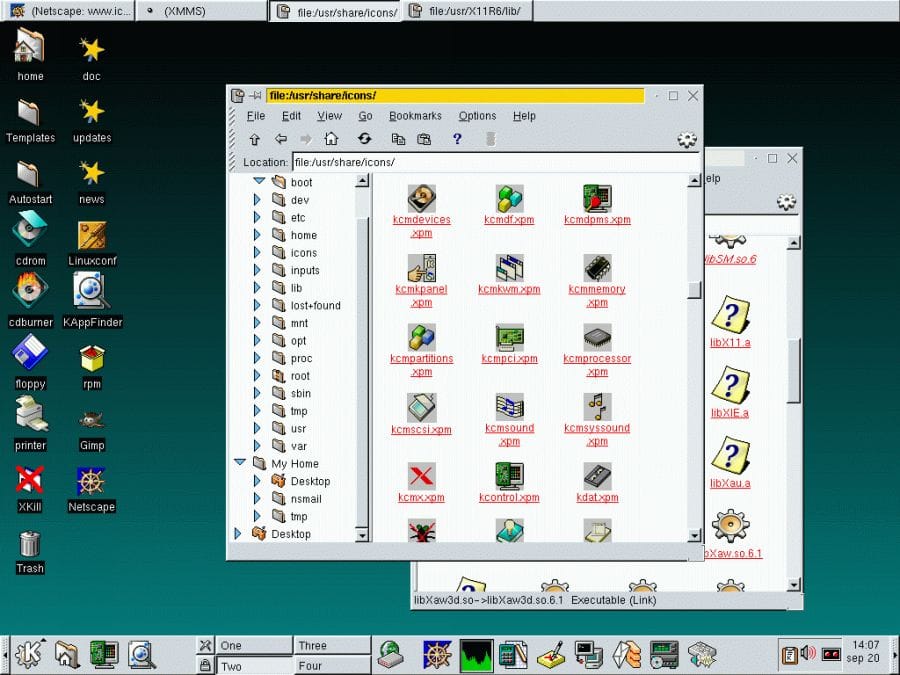
Mandrake Linux was created back in 1998 by Gaël Duval (the founder of /e/OS now).
It was a distribution based on Red Hat Linux, featuring KDE Plasma desktop. During its active years, its name changed to "Mandriva Linux" in 2005 due to some legal dispute.
Mandrake Linux aimed to be an easy-to-use alternative for new Linux users coming from other platforms. For its time, it eliminated the configurations needed to set up a Linux system, and allowed all kinds of users to give it a try.
Mageia is one of the most popular successors to this project by some of its original community members.
2. CrunchBang Linux
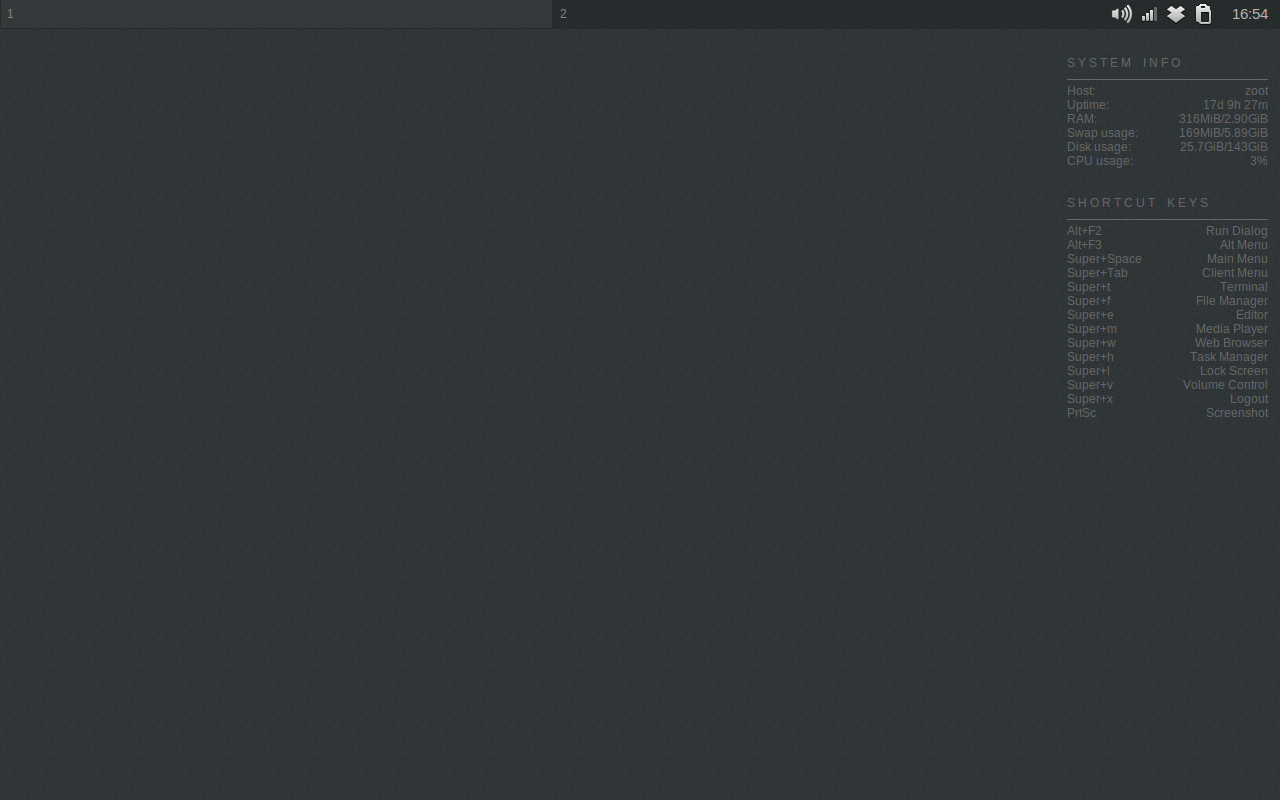
CrunchBang (or #!) was a Linux distribution created by Philip Newborough, based on Debian.
It was aimed to be light on system resources by utilizing the Openbox window manager (which I happen to use now on Archcraft). For its time, it was a customizable, unique, and fast experience for users.
There are unofficial successors to CrunchBang Linux from some community members, like CrunchBang Plus Plus and BunsenLabs.
3. TurboLinux
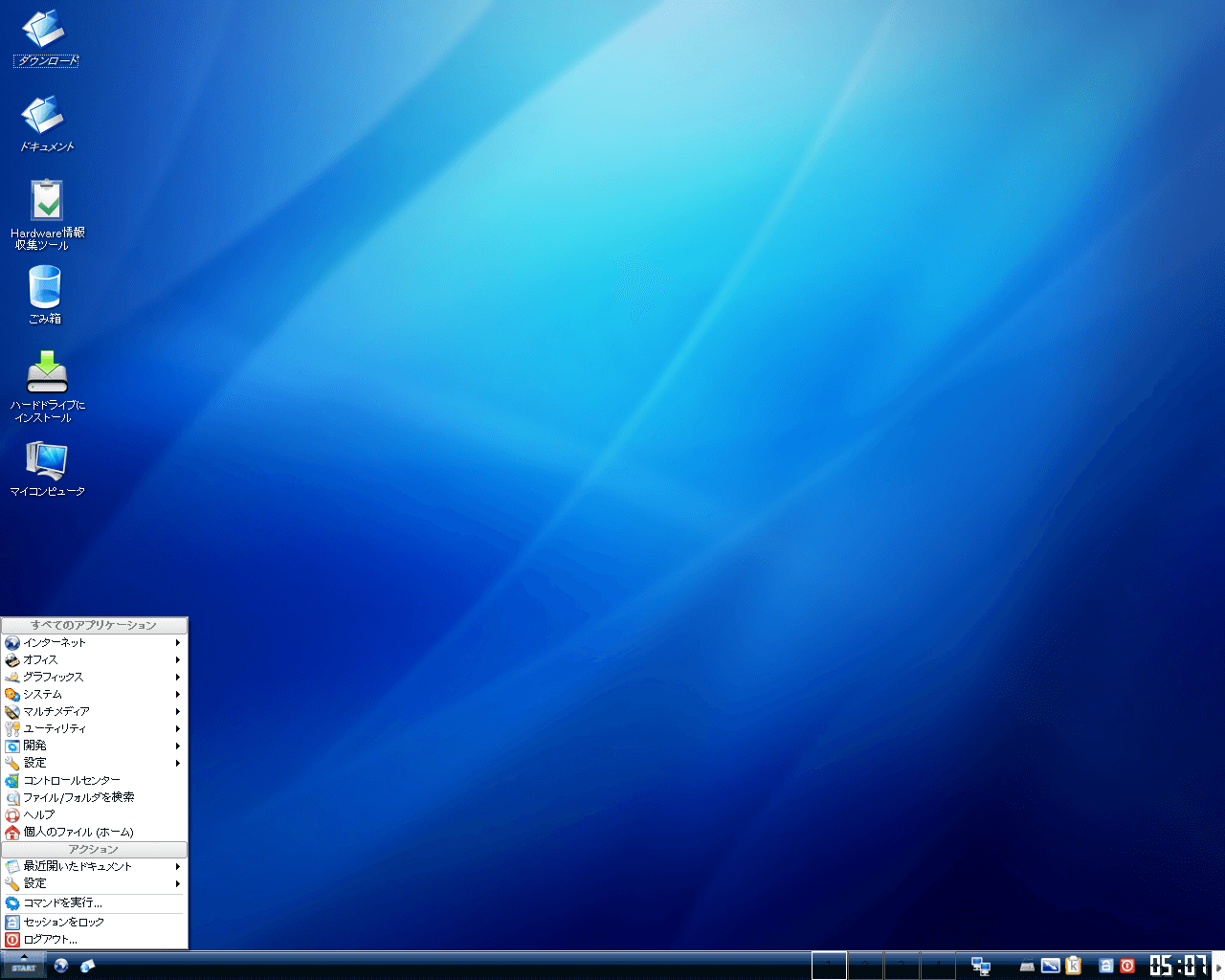
TurboLinux was a Linux distribution developed in Japan, aiming to provide a localized and user-friendly experience for Asian users. It was a Red Hat Enterprise Linux spin.
While TurboLinux saw significant popularity in Asia during the late 1990s and early 2000s, its development and market share eventually declined.
It reportedly partnered with CyberLink to let users play DVD movies, and offered codecs to support playing media in Windows Media format.
4. Scientific Linux
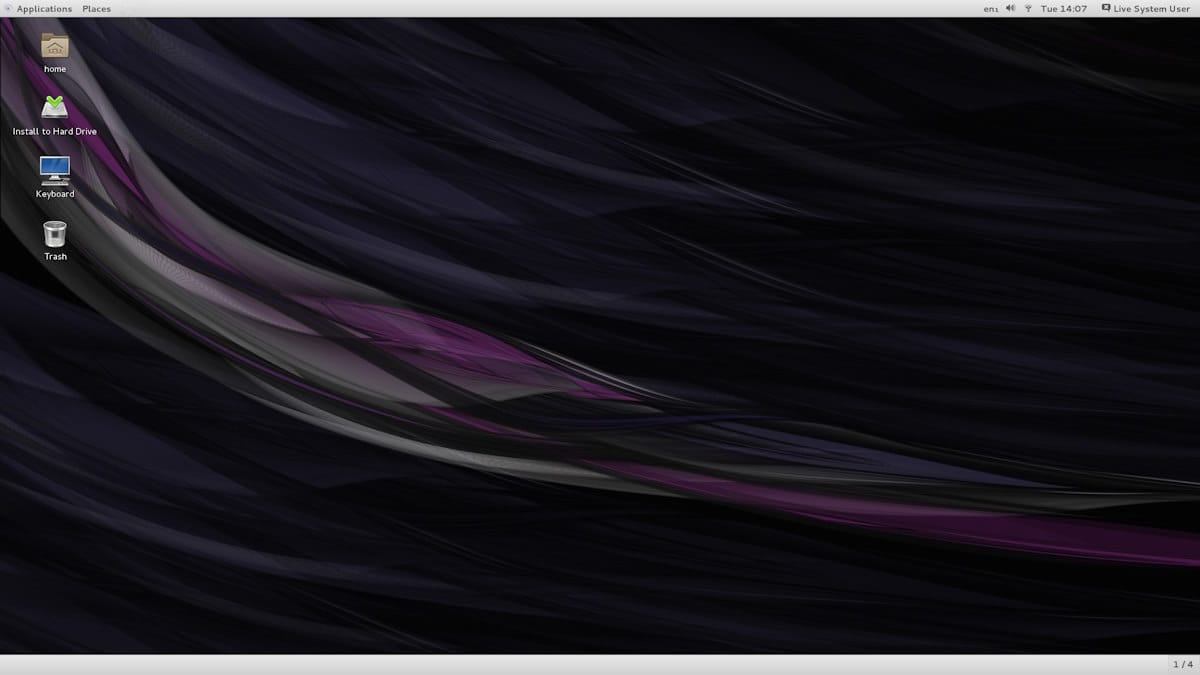
Scientific Linux was a Red Hat Enterprise Linux based distribution featuring GNOME desktop.
It was built by Fermilab, CERN, DESY and by ETH Zurich to be used for scientific computing. While the scientific labs choose various distributions for their use-cases, the integration for scientific applications is not seamless across every platform. Hence, Scientific Linux came into existence to make the experience convenient for all kinds of scientific applications.
Unfortunately, it was discontinued not too long back for reasons unknown. If you were a user of Scientific Linux, they recommend trying AlmaLinux as an alternative.
5. Hannah Montana Linux 😜
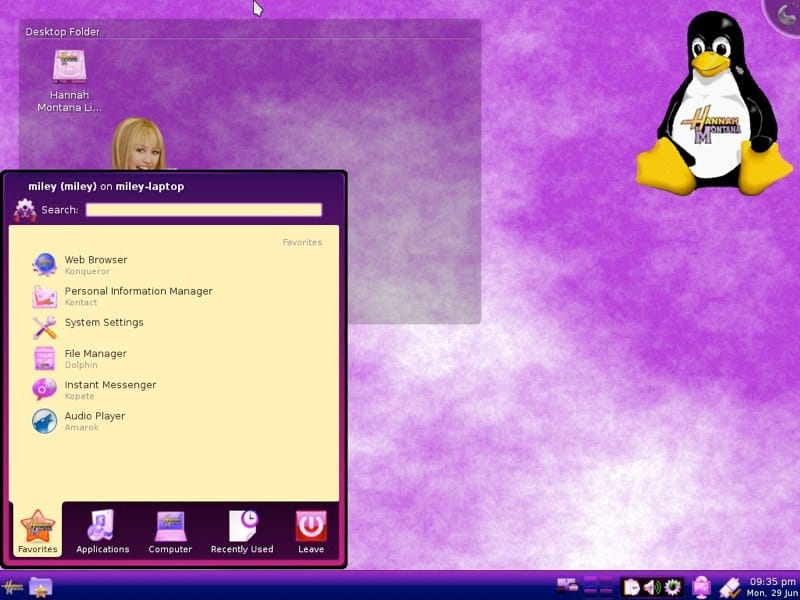
Yes, Hannah Montana Linux was a thing, and it was popular for just being a re-skin of Kubuntu back in 2008.
Interestingly, it just had one release, and its approach to include a Hannah Montana theme was purely to attract young users as it was one of the trending shows for teens.
And, trust me, it was not just a “girls” thing back then. Almost everyone knew about it!
The Sourceforge page for it is still alive after more than a decade, you can check it out to get a dose of nostalgia.
6. Pear OS
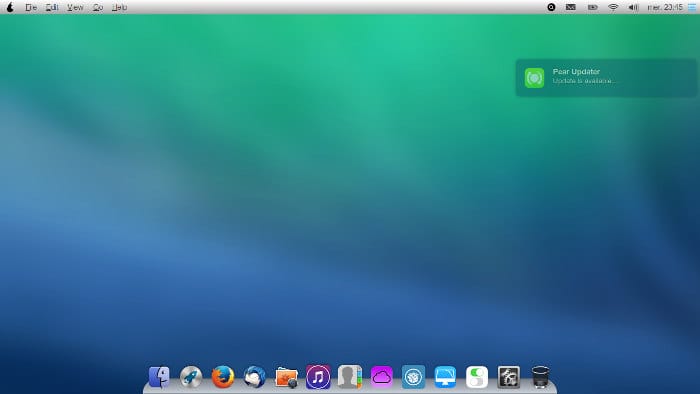
Pear OS was an Ubuntu-based distribution that tried to mimic the look of macOS. Of course, a lot of users do like the idea of having a similar looking Linux distribution, which is why it was popular for a short time.
It did not have anything else to offer to continue its usefulness, and we even reviewed Pear OS 8 back then (if you are curious to take a look).
Maybe it could have become something better. But, the developer mentioned that it was sold to a well-known company that did not want to be named. Many people speculated that they were intimidated by a "fruit company" but I don't have any proofs of that.
7. Corel Linux
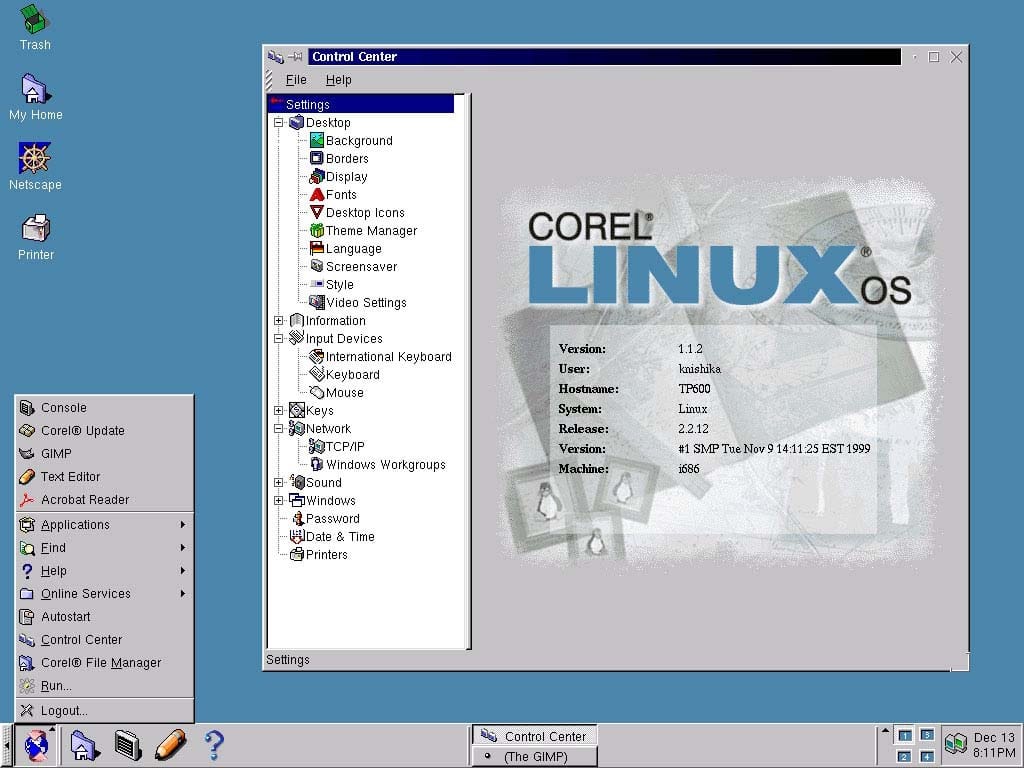
Corel Linux was one of the oldest distributions developed by Corel (the company responsible for WinZip and CorelDRAW). Based on Debian, it aimed to compete with Windows and macOS back in 1999.
Unlike some other distributions, Corel Linux tried to offer its own file manager and promote its office suite at the time as a competitor to Microsoft Office, which did not work well across the Linux platform. Hence, it was shortly discontinued in a year or so.
8. Antergos
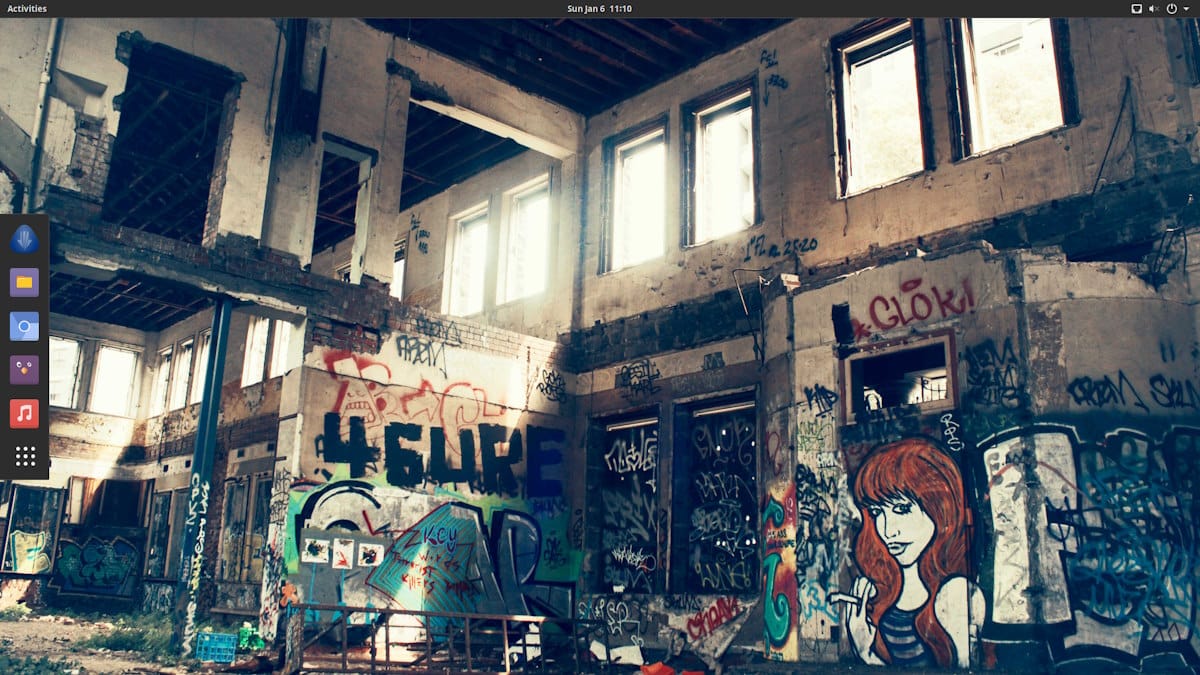
Antergos was an Arch Linux distribution featuring the GNOME desktop by default, with support for other desktop environments during installation.
It was one of the first Arch-based distribution that tried to make the Arch experience easier for new users, also going with a different look, involving Numix icons with the GNOME desktop.
EndeavourOS is a successor to it. Considering some original members of the community are involved to maintain it, you can give it a try if you miss Antergos.
9. Sabily
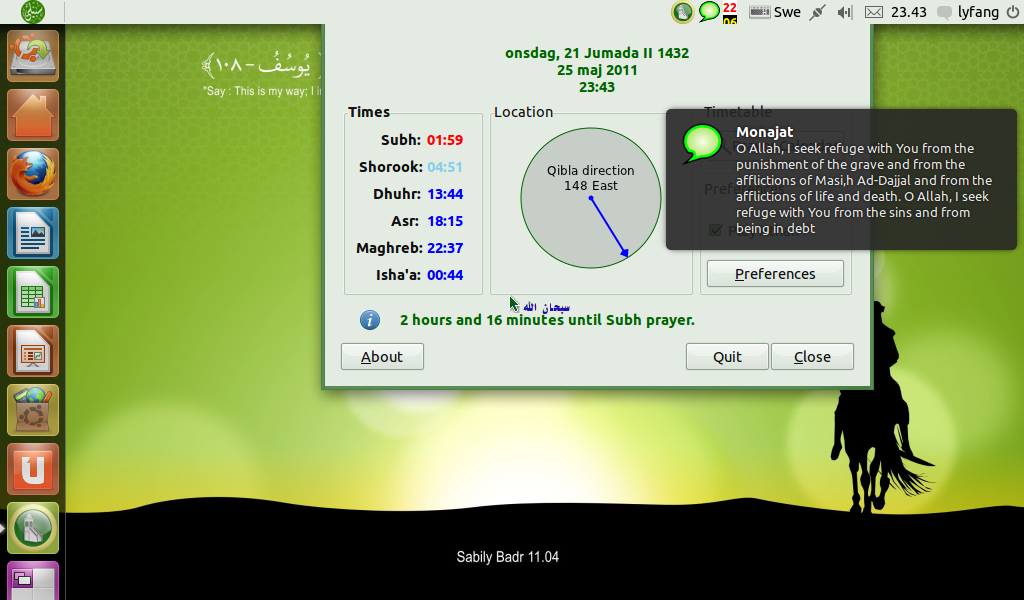
Sabily was a Linux distribution derived from Ubuntu, specifically tailored to cater to the needs of Muslim users. Its purpose revolved around providing an operating system that seamlessly integrated Islamic software and tools.
The distribution included applications for prayer time calculations, Qur'an study, and Hijri calendar management, among other utilities. Originally known as "Ubuntu Muslim Edition," it later adopted the name "Sabily," which translates to "My Way" in Arabic.
The distribution aimed to offer an out-of-the-box experience for Muslim users, eliminating the need for extensive post-installation configuration. It was a nice example of a Linux distribution focusing on a specific community or religion.
10. Wolvix
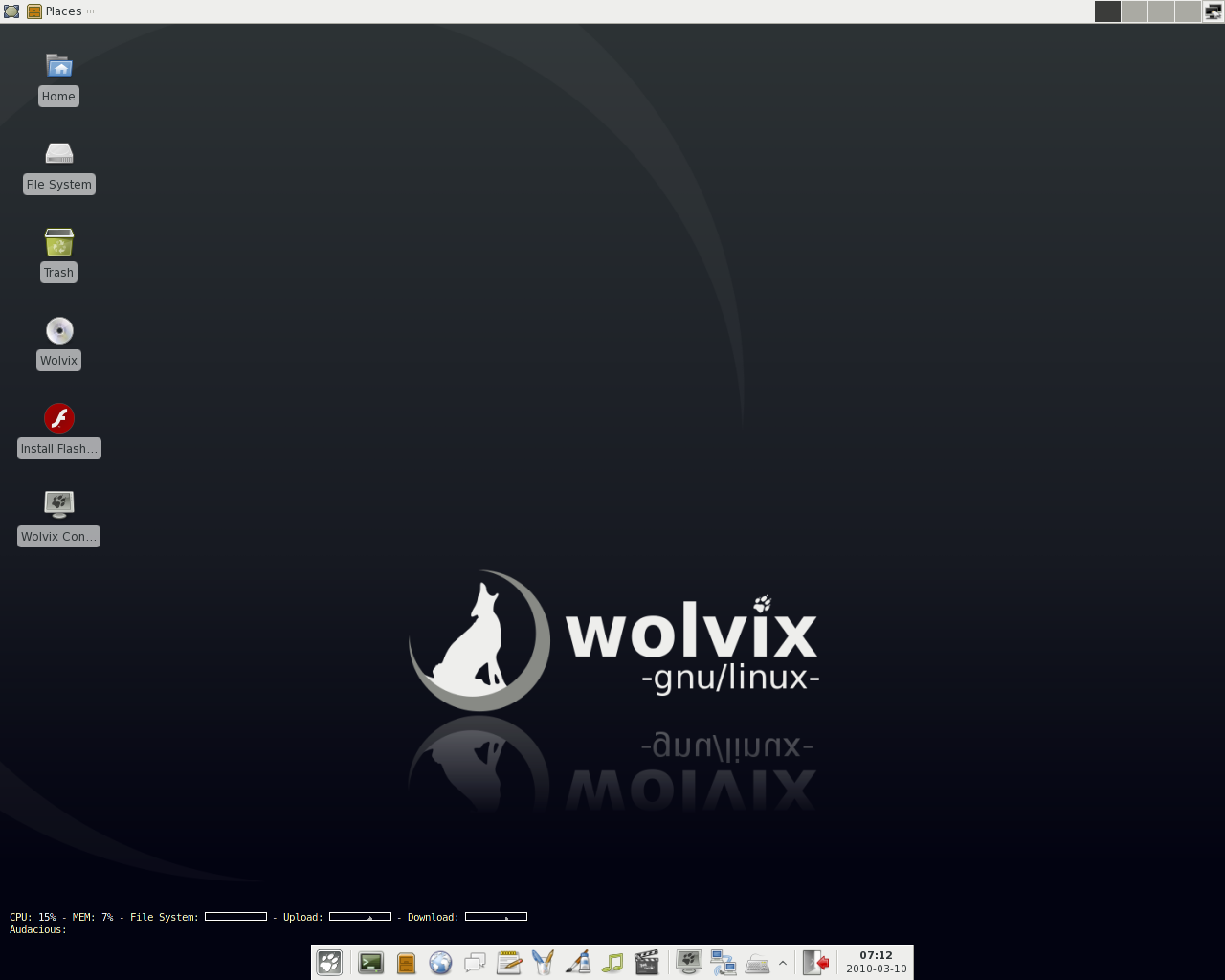
Wolvix was a Slackware-based Linux distribution geared towards home users, featuring the Xfce desktop.
It tried to simplify Slackware's offering by providing office productivity tools, and other daily computing applications. The distribution offered a full-fledged ISO and a live ISO as well.
11. Novell Linux Distribution
SUSE Linux Enterprise Desktop's predecessor was known as Novell Linux Distribution, while SUSE was owned by Novell, an American software company. The primary goal of the distro was to offer a reliable platform that integrated open-source tools with enterprise-level support, thereby catering to the needs of organizations seeking to adopt Linux desktops.
After it was acquired by The Attachmate group as per Wikipedia, the distribution was rebranded as SUSE Linux Enterprise Desktop.
12. Sabayon Linux
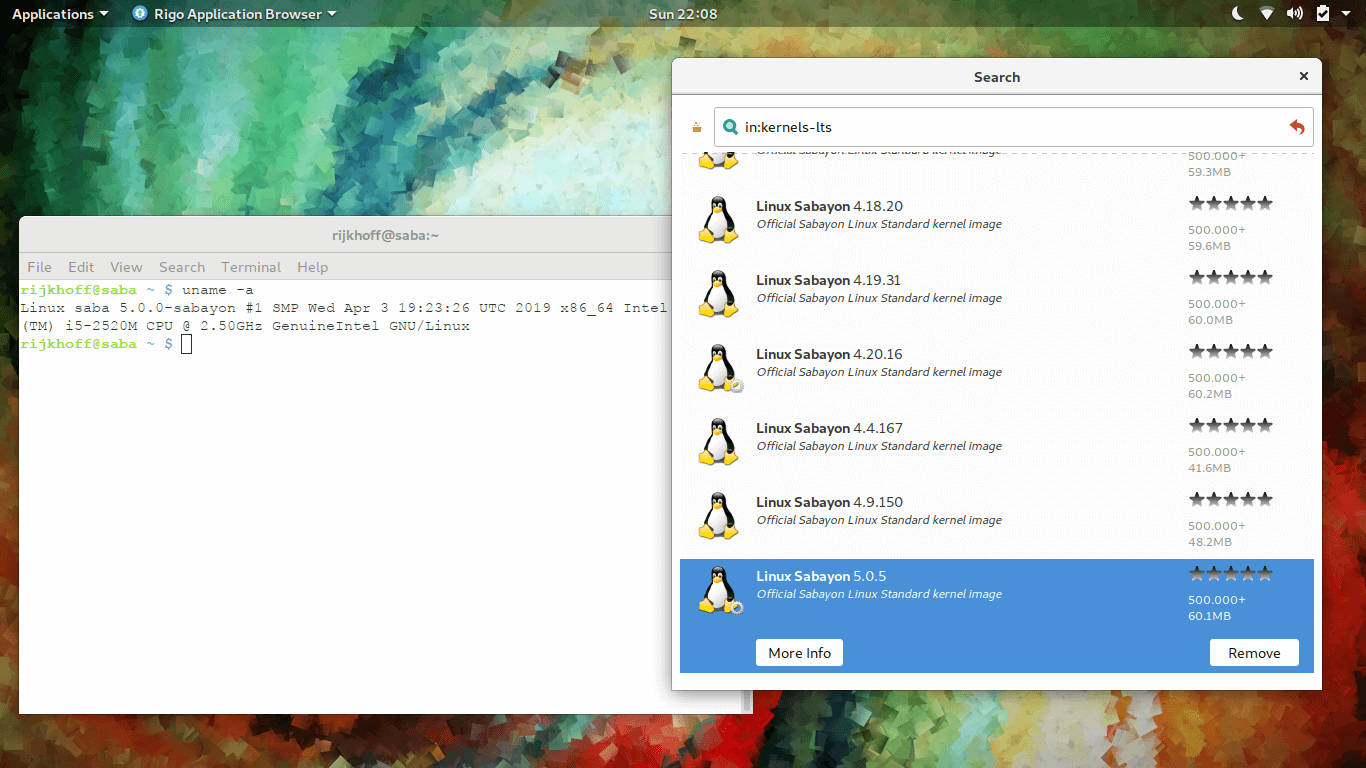
Sabayon Linux was an Italian Gentoo-based distribution. It features several editions which included GNOME, KDE Plasma, Xfce, MATE and LXDE desktop environments.
It also offered a minimal version where no desktop environment was included. The distribution came packed with Portage, Gentoo's package manager and its own, as 'Entropy'
13. ChaletOS
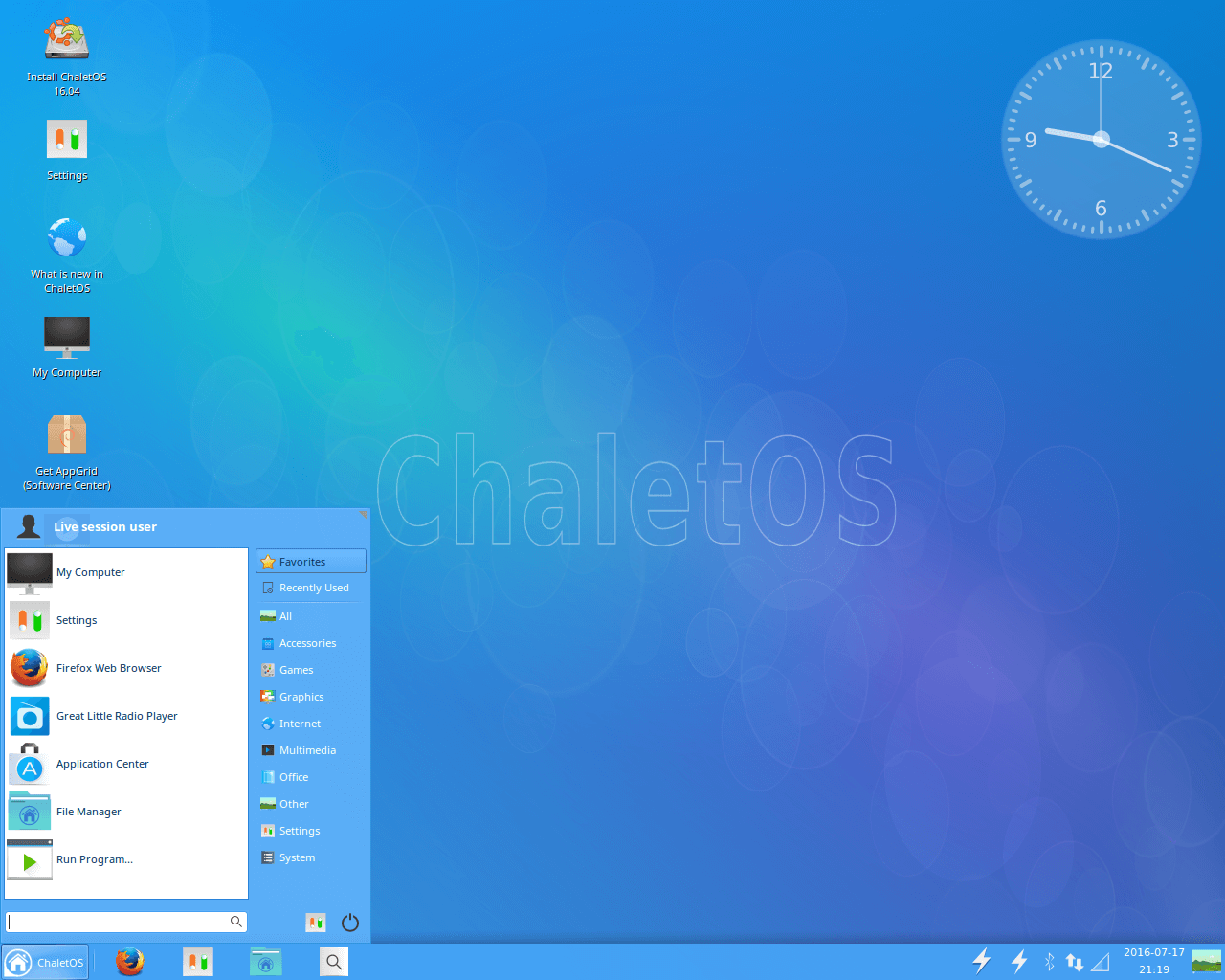
ChaletOS was a Xubuntu-based distribution which was aimed at ease of use. It came baked in with support for five years of security updates, along with a minimal collection of software utilities pre-installed.
The distro was customized for users who missed Windows 7. Unfortunately, it was not enough for the project to stay active.
14. MEPIS Linux
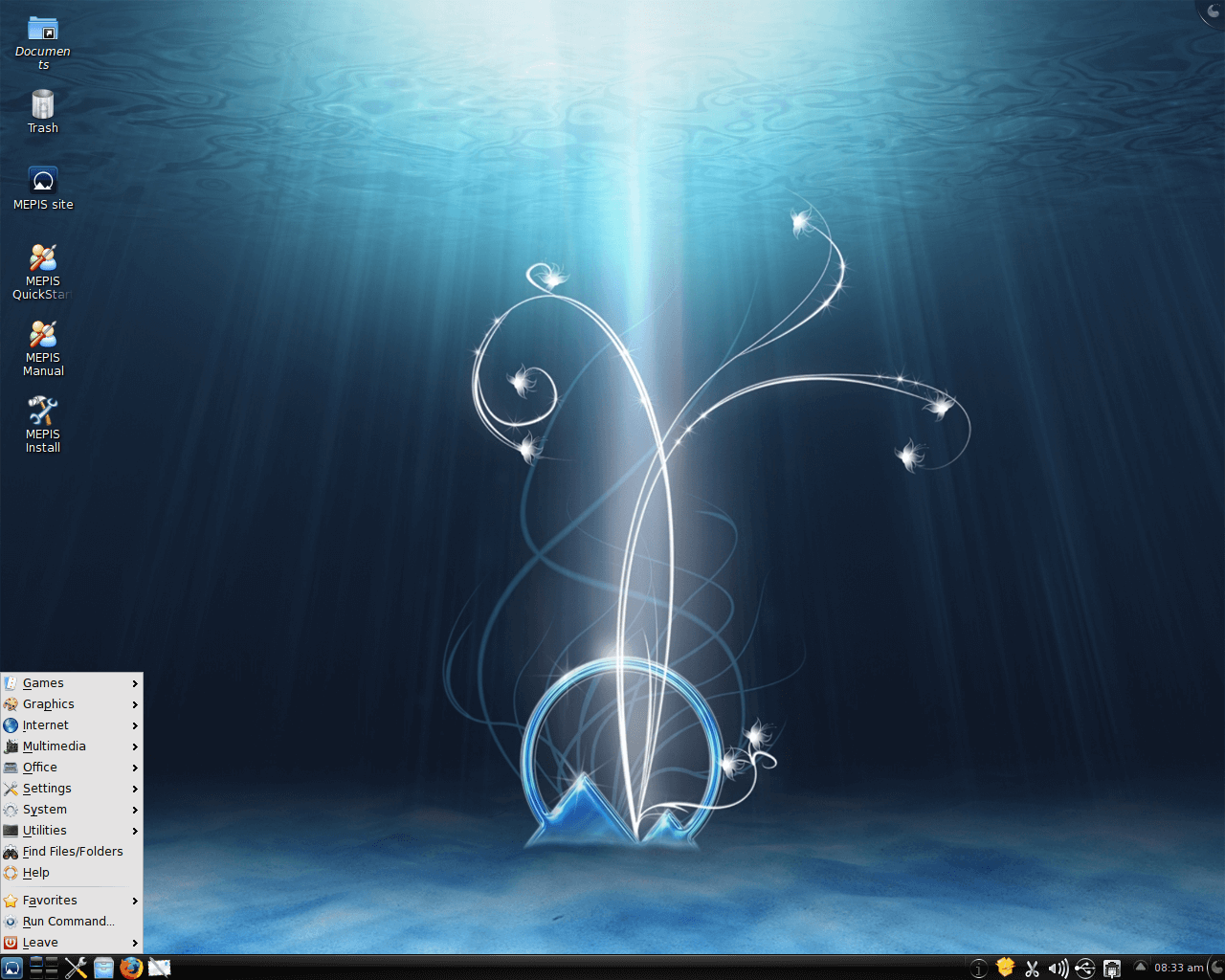
MEPIS Linux was a beginner-friendly distro built on top of Debian, intended for everyday use in homes and offices. It was known for its ease of installation and offered recovery from a CD.
MEPIS focused on simplifying common tasks by automatically setting up hardware, handling disk partitions, managing power, and supporting wireless networks. It featured KDE Plasma as its desktop environment.
Suggested Read 📖
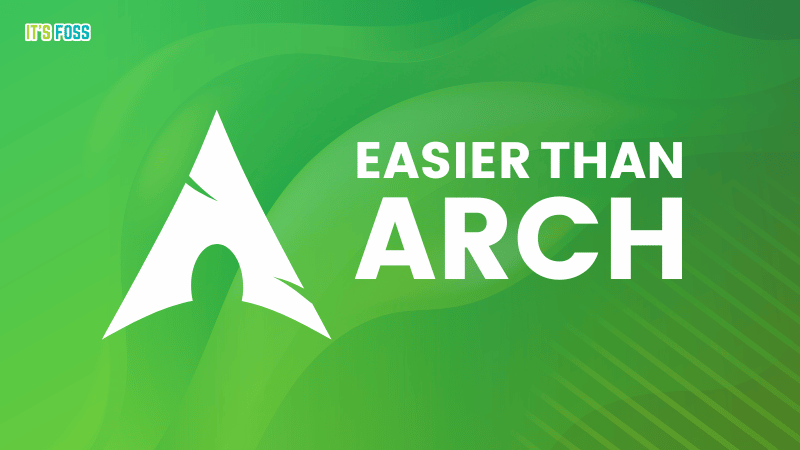
Wrapping Up
There are a couple of distributions like Damn Small Linux that was assumed as discontinued, but was recently brought back to life. And, there are some which aren't confirmed to be discontinued entirely, like Knoppix.
Did I miss any other distribution that has been discontinued, but you still miss it? Let us know in the comments below!


